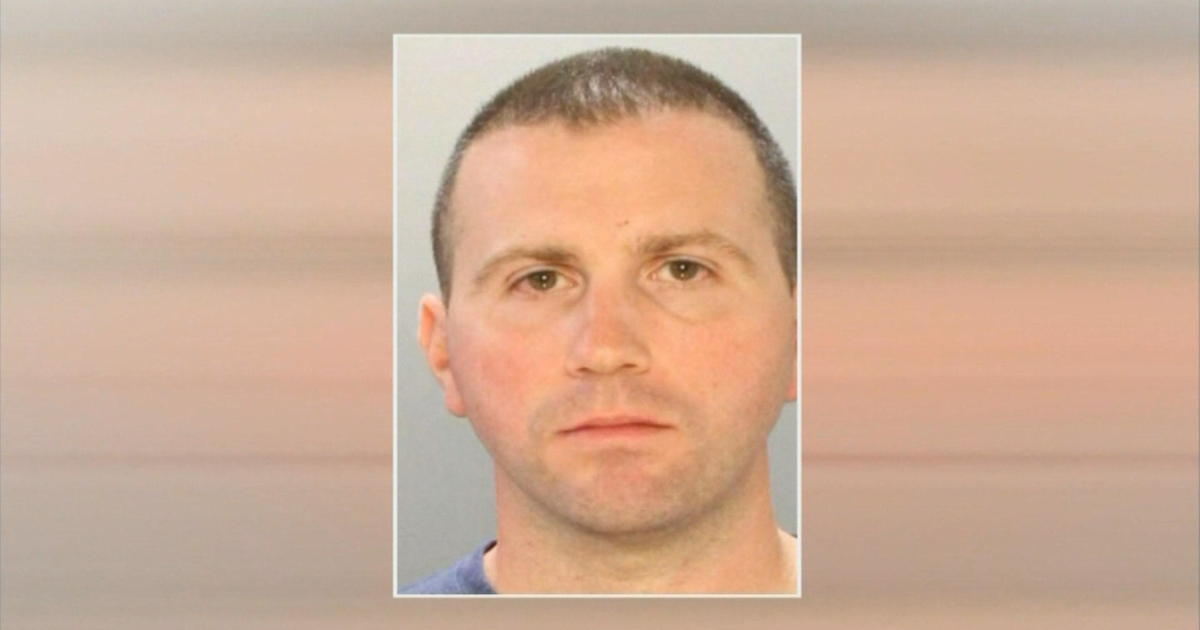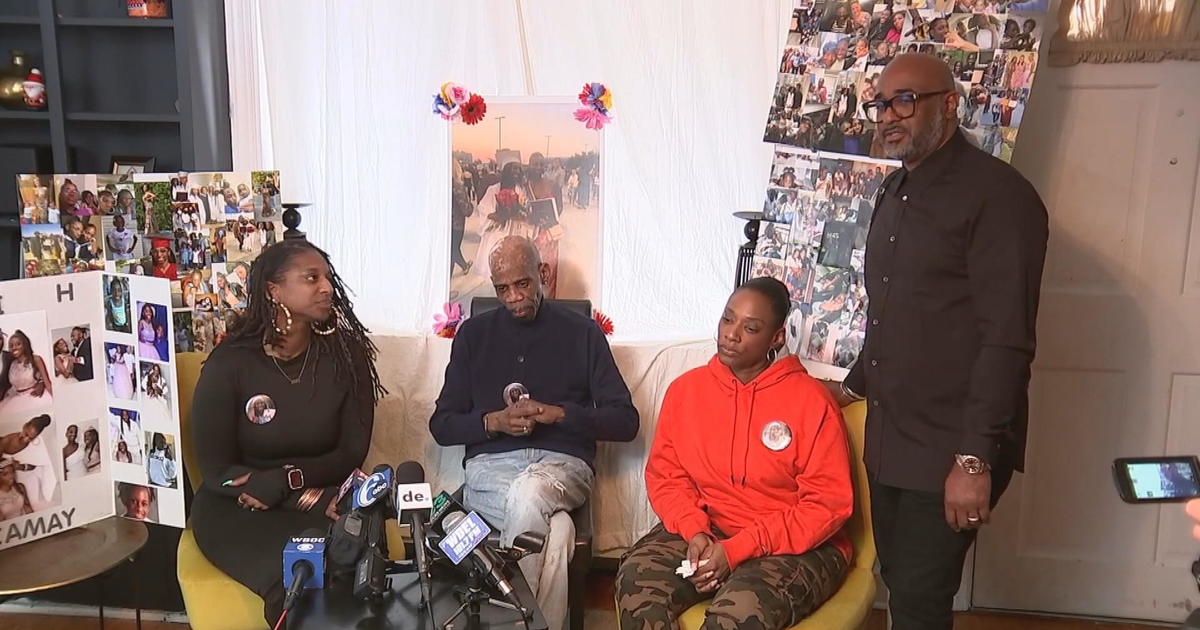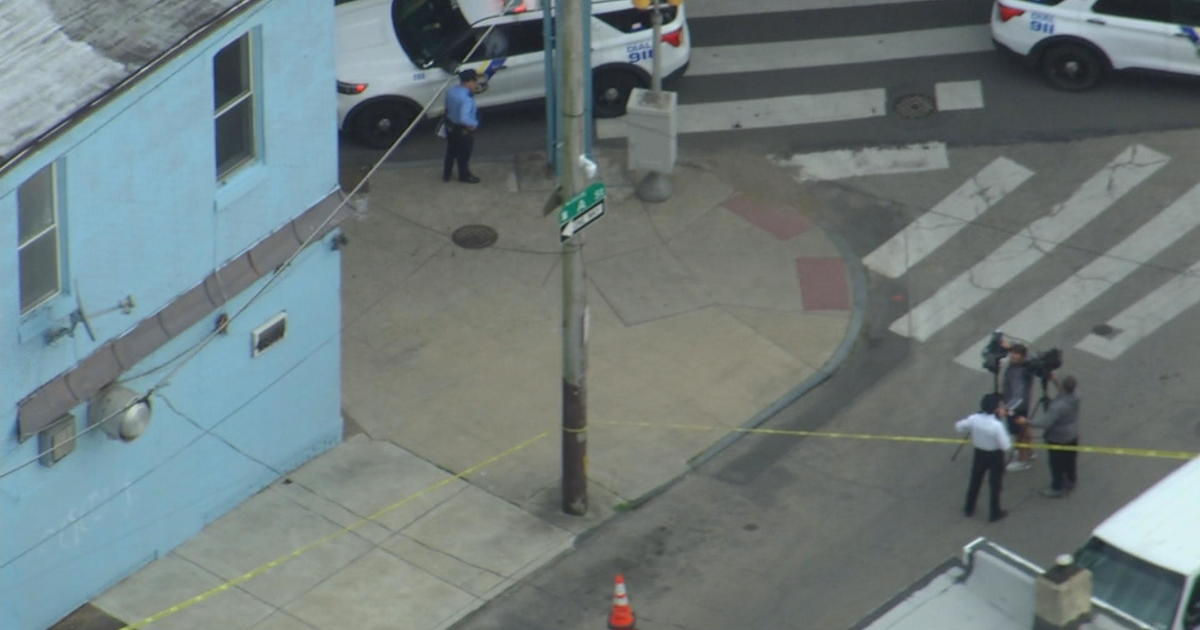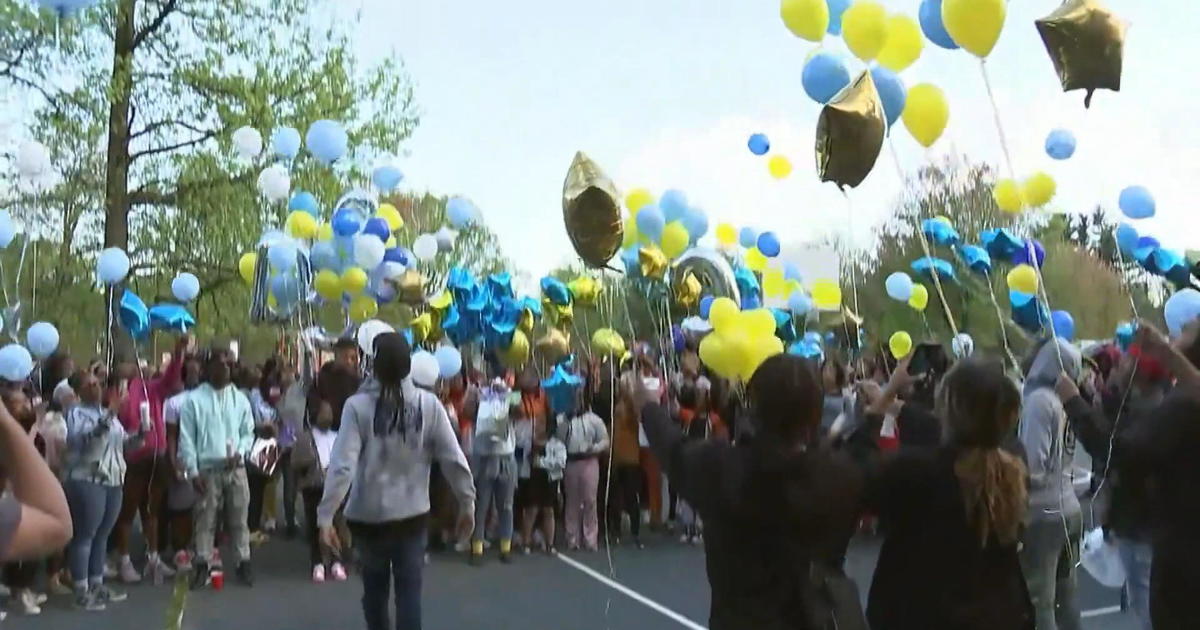Closings Expected In South Carolina Church Shooting Trial
CHARLESTON, S.C. (AP) — In the days after nine black worshippers were killed in their Charleston church at the end of Bible study, President Barack Obama called Dylann Roof blinded by hate and Charleston's mayor said he was "pure, pure concentrated evil."
Now some 18 months later, the people asked by the government to judge Roof will gather at the federal courthouse less than a mile from the church where the June 2015 massacre happened and decide whether to hold him responsible for those deaths.
Closing arguments are expected Thursday morning in Roof's trial, with jurors likely being asked to deliberate the 33 charges — including hate crimes — before lunch. If they come back with guilty verdicts, the same jury will decide if the 22-year-old white man gets the death penalty or life in prison without parole in another phase of the trial starting Jan. 3.
Defense attorney David Bruck put up no witnesses. The first words in his opening statement last week were to tell jurors everything the prosecution had just accused Roof of doing were true.
Roof's own two-hour confession was played in its entirety for the jury, in which he confessed barely a minute after waving his rights and seemed so far from grasping the reality of the killings at Emanuel African Methodist Episcopal church that he was stunned when FBI agents told him nine were dead.
But Roof never confessed any regrets, sticking to his assertion that the killings had to happen after he researched "black on white crime" on the internet and accepted as fact dozens of lies about white superiority, leading him to believe he needed to kill black people. He said he chose a church because that setting posed little danger to him.
Roof said in his confession, a journal found in his car and a statement he posted online that he wanted his killings to lead to a return of segregation or perhaps a race war. Instead, the single biggest change to come from the June 17, 2015, killings was the removal of the Confederate flag from in front of the South Carolina Statehouse after it spent 50 years flying over the capitol or on its grounds.
Also placed into evidence were dozens of photographs of Roof — a strange travelogue of him alone at South Carolina sites important to the Civil War or African-American history. There also were photos of him holding the Confederate flag, which ended more than a decade of inaction on the rebel banner at the Statehouse.
Copyright 2016 The Associated Press. All rights reserved. This material may not be published, broadcast, rewritten or redistributed.



